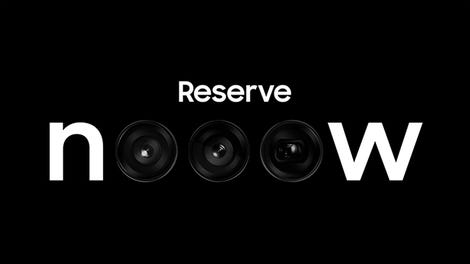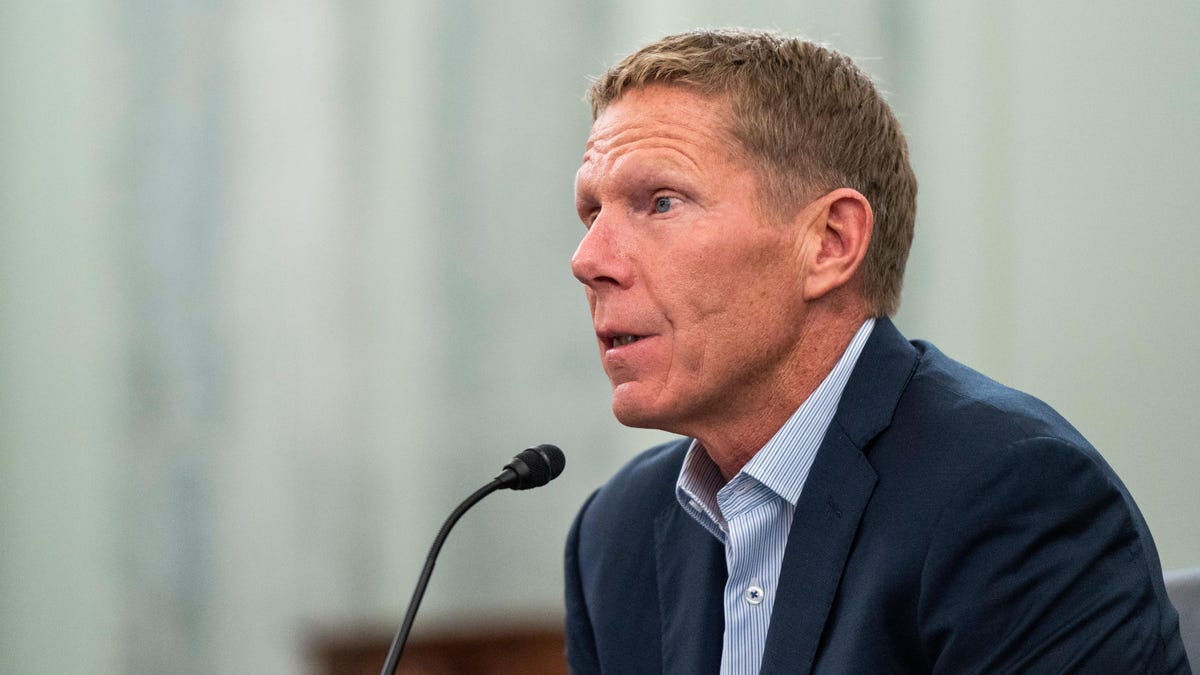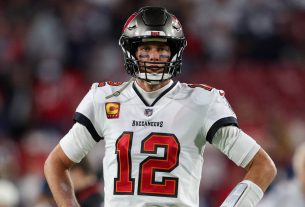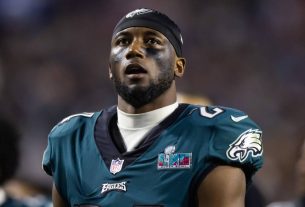The NCAA needs a reality check. This week the vanishingly relevant college athletics institution has once again asked Congress to help it stabilize the college sports system, but unless Hunter Biden is suiting up at linebacker for LSU next season, it’ll be hard to motivate the people in charge to fall in love with this cause.
This isn’t 1922, and the NCAA isn’t America’s Pastime. Baseball’s Antitrust Exemption is 100 years old, but trying to get some bespoke version of that for a college sports labor market instead of crafting it through deliberative policy is like deciding not to work for a living and buying a lottery ticket every week.
Name, Image and Likeness
The provocative issue is the arrival of Name, Image, and Likeness (NIL), which allows college athletes to make money off their status without drawing a salary from schools. It’s been a boon for many players, a bane for schools, and the chaos of a new market means that it isn’t a level playing field, so the NCAA would like Congress to nationalize the rule. Anyone could have seen NIL coming, but rather than trying to get ahead of the storm, the NCAA spent the last decade pouring cash into lawsuits that eroded the institution’s authority and options.
(Full disclosure, I am the executive director of Seton Hall’s Center for Sports Media.)
G/O Media may get a commission

Up to $100 credit
Samsung Reserve
Reserve the next gen Samsung device
All you need to do is sign up with your email and boom: credit for your preorder on a new Samsung device.
After current president Mark Emmert announced he was stepping down, the NCAA tapped former Massachusetts Gov. Charlie Baker to take over. Choosing a politician to head the organization speaks volumes.
You know who else wants Congress to save an industry from itself? Mark Zuckerberg signaled he was open to legislation starting in 2018 and now is lobbying around Section 230 in a way that would preserve Facebook’s advantage. And professional sports leagues have been clamoring for federal legislation around sports betting as most U.S. states have now legalized it in some form or another.
As unsympathetic as Zuckerberg and most professional sports leagues are, there is broad agreement that both social media and sports betting would greatly benefit from sound legislation. Social media has been found to have some damaging side effects for young people, and sports betting is a snarl of different state rules and little independent oversight.
But even those issues aren’t what’s in line in front of the NCAA’s request. Instead, you have things like HR 263 being brought to the house floor, proposing to ban rules that would outlaw gas stoves. It’s straight culture war nonsense.
Is protecting the NCAA offering the same kind of red meat to the base of these lawmakers? Unless Nick Saban is diagramming plays using Critical Race Theory, or the server with all of Hillary Clinton’s missing emails is buried under the 50-yard line at Ohio Stadium, this is just not a cause that will resonate with this cast of politicians.
But to be fair, this Congress is having trouble just paying the bills already. And it took 15 rounds of voting just to get a Speaker of the House.
Politicians are all about performing their fandom for the voters. In 2018 the mayors of Athens, Ga., and Tuscaloosa, Ala. bet some craft beer and charitable donations on the outcome of the Alabama-Georgia CFP title game. And who can forget Rudy Giuliani’s famous affinity for the Yankees when he was New York’s mayor?
And in some cases, those loyalties can greenlight stadiums and infrastructure. But as Boland notes, plenty of politicians are fans of teams, but a USC allegiance probably doesn’t mean any affection for the NCAA. No one has a Mark Emmert rookie card in a shoebox under the bed.
In fact, there might be more enthusiasm for individual athletes these days now that they can express themselves on social media. Face it, the model of amateur athletics is on the way out.
Glory days, well they’ll pass you by
So here comes the NCAA, asking us to look back to the glory days of your favorite era, as long as it came before the O’Bannon decision, and rewind the hands of the clock. But nostalgia isn’t the solution, although it has preserved the revenue-generating machine long beyond its expiration date.
A system that pays men’s football, and basketball coaches millions while refusing to compensate players is no longer a business model. There is way more money in the game now, and the trade that athletes make for tuition is more restrictive than what other scholarship students are asked to do. NIL is actually a pretty elegant solution since it generates revenue for players from outside the colleges.
Looking to Congress for the Hail Mary won’t change any of that.



